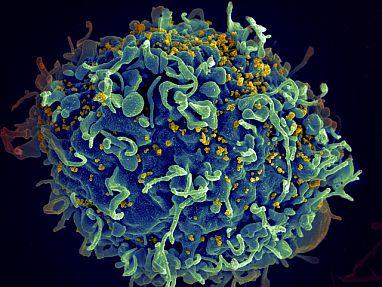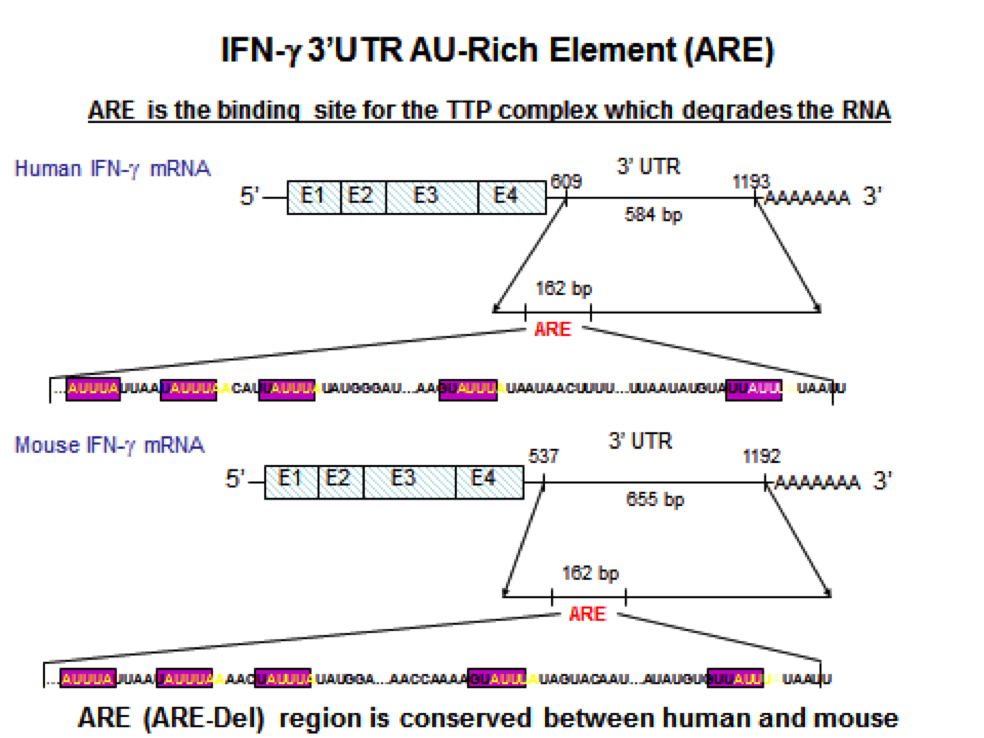Study Identifies How Suppressed HIV Keeps Immune System on Edge
Findings Point to Approaches for Staving Off Health Problems in Infected Individuals
Over the four decades since it mysteriously began destroying the immune systems of Americans in New York and California, HIV has proven to be a frustratingly wily opponent for scientists. Even today, when treatments can fully suppress the virus in infected individuals, it continues to harm their health. A new IRP study has identified several ways dormant HIV might chronically stimulate the immune system, suggesting potential avenues for preventing the health problems that causes.





